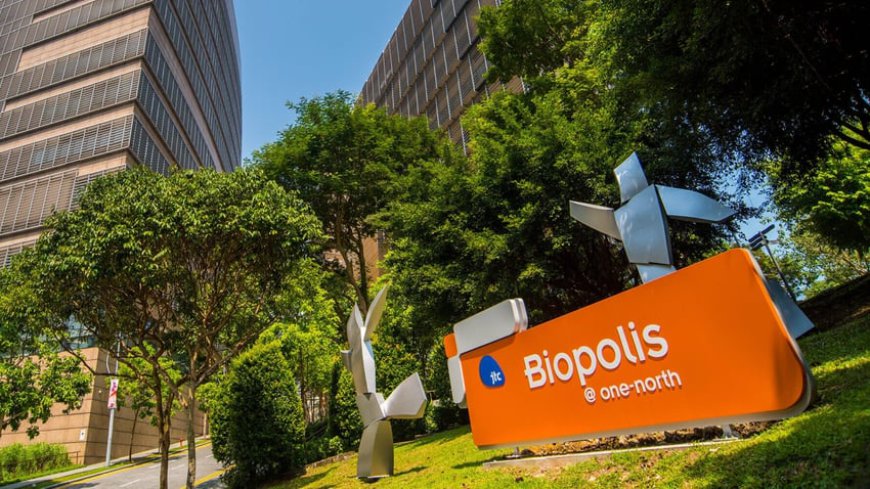In the year 2000, Singapore charted a visionary course in the realm of biomedical science, designating it a key pillar of its economy. This commitment materialized in the establishment of Biopolis in 2003, a bespoke biomedical R&D hub. Substantial financial investments flowed into the life sciences sector, attracting a multitude of biopharma enterprises. Despite these efforts, Singapore has yet to carve its niche as a globally recognized player in the biotech arena.
Challenges and Setbacks: The biotech landscape has witnessed setbacks, notably with Aslan Pharmaceuticals' lead drug failure in a midstage trial in 2019 and the unexpected shutdown of Tessa Therapeutics, despite amassing over $200 million in funding. Aum Biosciences added to the concerns by terminating a SPAC deal in June, casting a shadow on investor confidence.
The Litmus Test: Private investors, initially cautious, now demand tangible success stories. While isolated victories, such as CTI Biopharma's FDA-approved JAK inhibitor Vonjo, exist, broader acknowledgment proves elusive.
Current Landscape: Amid the challenges, Hummingbird Bioscience emerges as a potential success story, securing a significant $125 million in funding in 2021. Aslan Pharmaceuticals persists with its eczema candidate eblasakimab. However, Singapore, boasting 52 biotechs, faces a talent shortage and stiff competition from established hubs like Boston.
Government Initiatives: The Agency for Science, Technology and Research (A*STAR) plays a pivotal role, fostering research capabilities through collaborations with renowned global universities. Government funding, unwavering political support, and initiatives like Create underscore Singapore's commitment to its biotech ambition.
Talent Development and Challenges: Singapore grapples with a shallow talent pool, prompting collaborations with global programs like Stanford Biodesign. Bridging the gap in experienced biotech leadership remains a priority for sustained industry growth.
Global Dynamics: Singapore's strategic location and political neutrality continue to attract foreign pharma investments. Heightened geopolitical tensions between the U.S. and China further fuel pharmaceutical investments, with companies like Sanofi, BioNTech, and Merck expanding their footprint in the region.
Looking Ahead: Acknowledging its uniqueness, Singapore sets its sights on a specialized role. Focusing on nucleic acid therapeutics, bioprocessing, and cell and gene therapies, the nation adapts to global dynamics while navigating its path in the biotech landscape.
In conclusion, Singapore's biotech journey persists, marked by challenges, talent acquisition endeavors, and a relentless pursuit of global recognition. The next five years hold promise for the emergence of success stories that will define Singapore's role in the ever-evolving biotech ecosystem.








